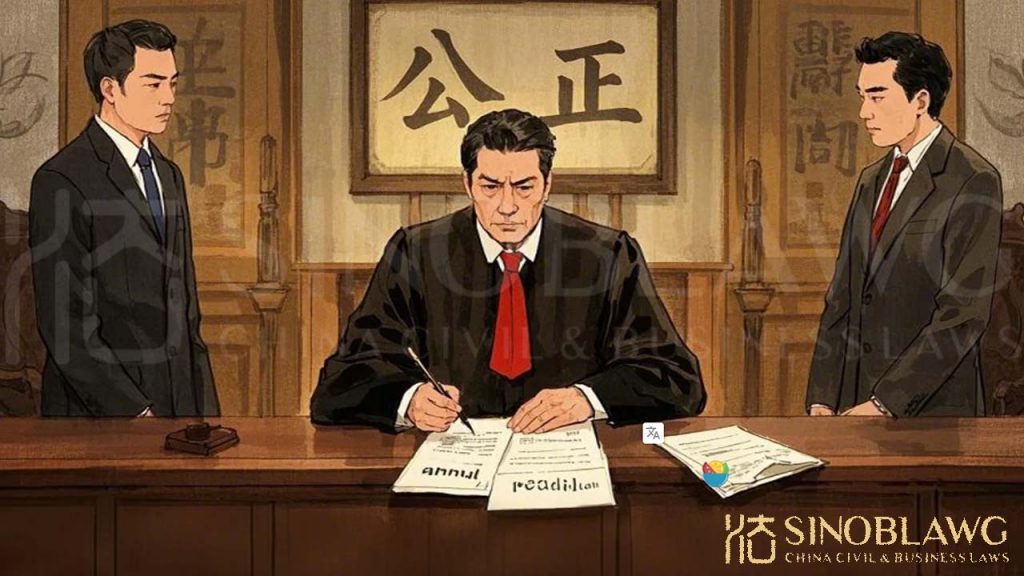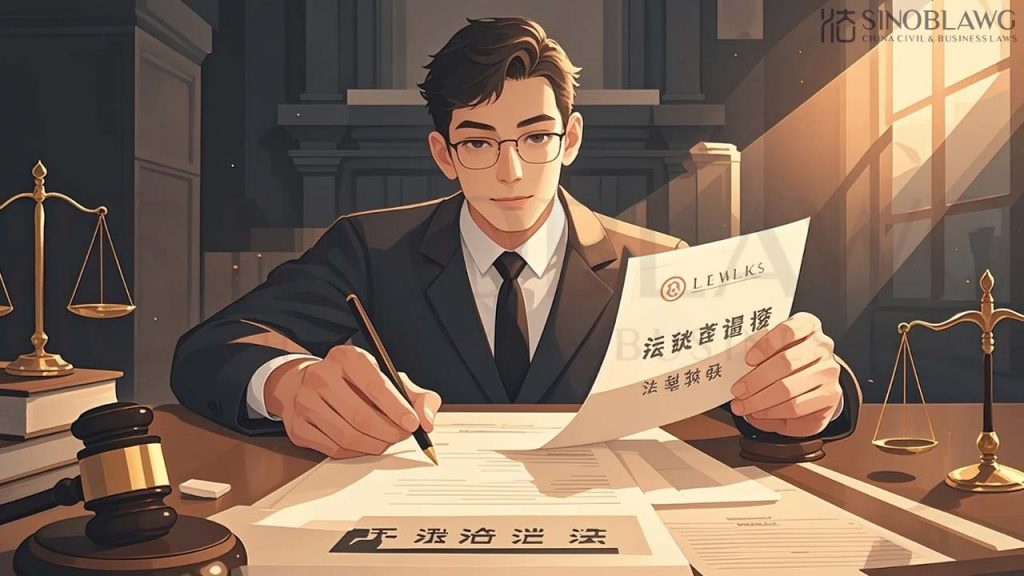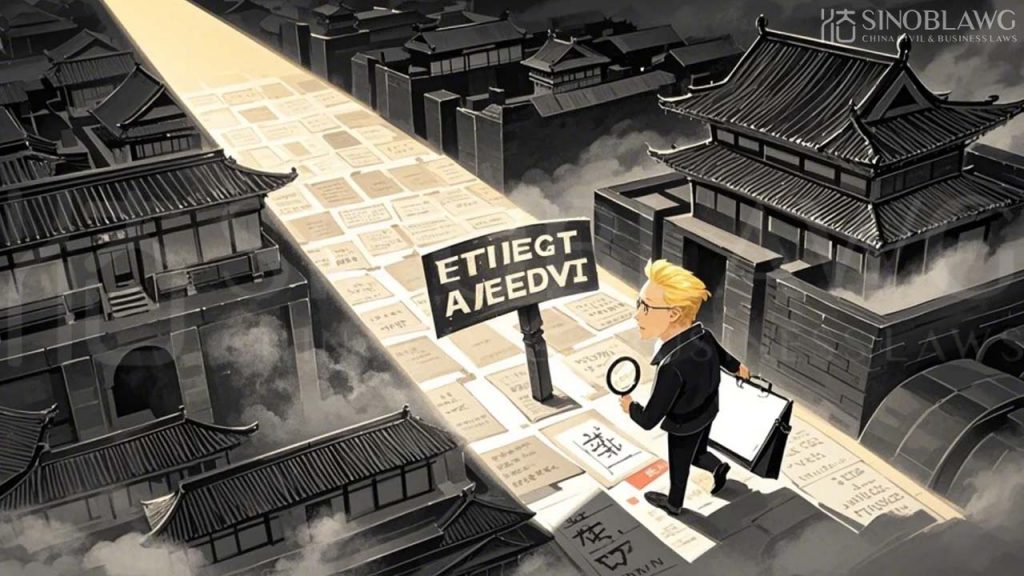The strategy I talk about here may apply in other cases at Chinese courts. While it may sound weird to foreign minds, it is very true in China.
Our real estate team at Dacheng Law Offices (Shanghai) has dealt with a quite controversial case recently. Here are the facts:
The client bought a factory building in an Industrial Park in Fengxian District, Shanghai. This industrial park was developed by a local company, the “Premier Group”, which developed 21 standard factory buildings. All the buildings are sold out to different buyers including our client. The business activities in the park are vibrant and the industrial output of the park is so good that this park were portrayed as a success story by local government. What’s more, the park also caught attention of party boss who toured the park and generously praised the success.
After signing the contract for purchase of the factory building, the client realized that the developer did not have the requisite qualification for developing the land and buildings that should be obtained for such property development activities. Therefore, the client thought that the factory building it bought was illegal and the contract it signed with the developer was null and void for that reason. So the client wanted to take back its money and terminated the deal.
Legally speaking, for that purpose, basically there are two ways of stopping the deal: sue to annul or nullify the contract, or sue to rescind the contract. Their legal outcome is similar, getting back client’s money. [ Under Chinese contract laws, rescinding a contract connotes or implies that the contract is valid. Otherwise, the contract should be void and invalid.]
It will be reasonable for a lawyer to sue for nullifying the contract and then demanding back the paid money, assuming that the ground cited by client for terminating the deal is right (there is dispute over whether such a developer should obtain the qualification to develop industrial land).
However, our team in the end chose to sue for rescinding the contract mainly for a non-legal reason. The rationale behind is that if we sue for nullifying the contract, the court will be put or caught in a very difficult situation that may backfire our client in attaining his goal. The park is a portrayed as a success and the party boss has shown up there. Furthermore, the client’s contract is not alone and there are 20 other similar contracts in operation. If the court is going to rule against the validity of the contract, that may prompt other buyers (who may have a grudge against the seller) to follow suit, which will devastate the park in a whole. As a result, the outcome of annulling the contract will put a stain on the face of the party boss as it will somehow indicate that the party boss had endorsed something illegal.
On the contrary, to sue for rescinding this contract will save the court a lot of trouble and the judges may feel more comfortable in delivering a judgement in our favor which won’t give rise to greater adverse aftermath for the park.
You now understand that there are many more factors to consider in framing up a litigation strategy in China.








Comments